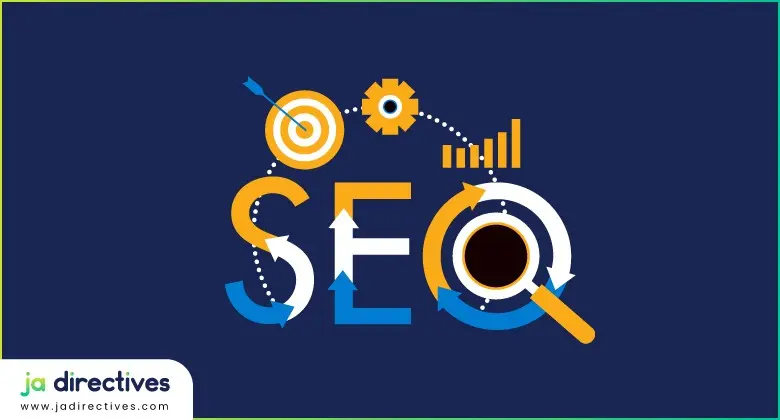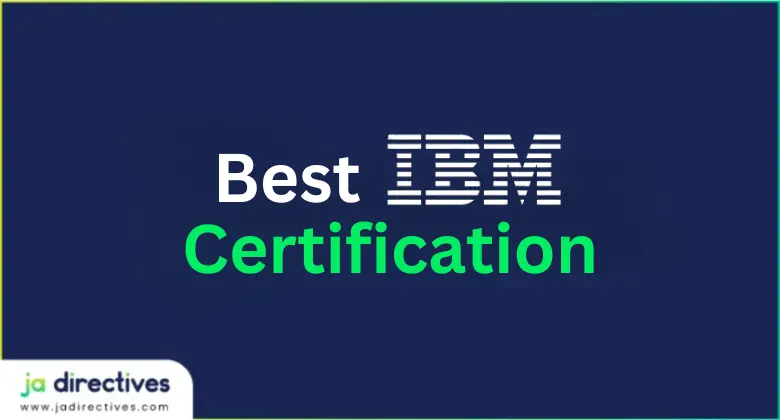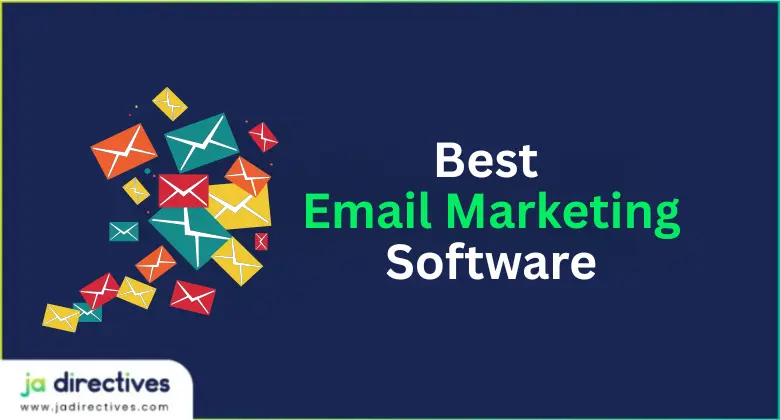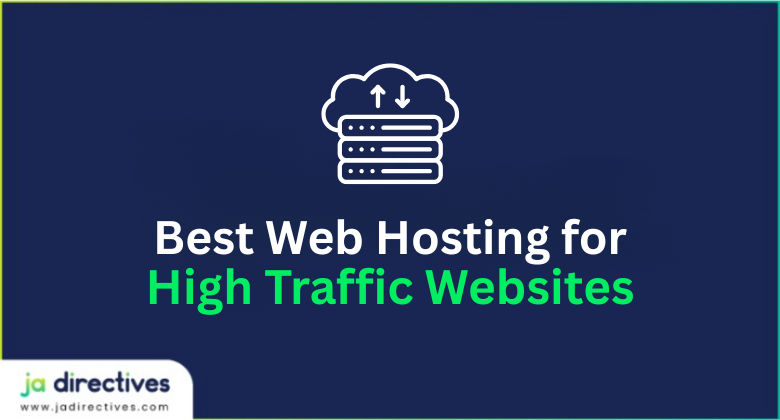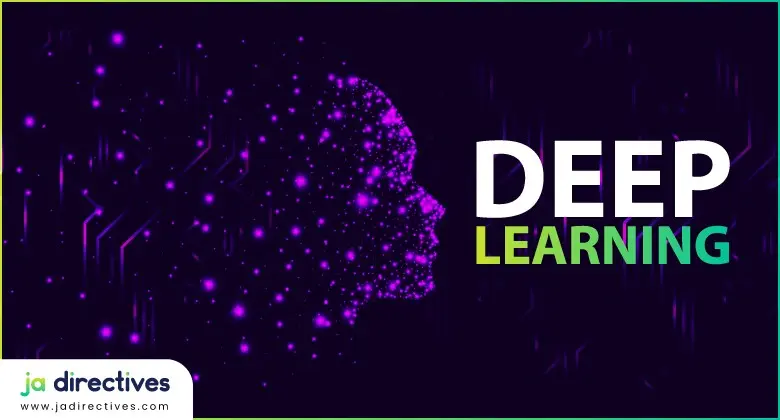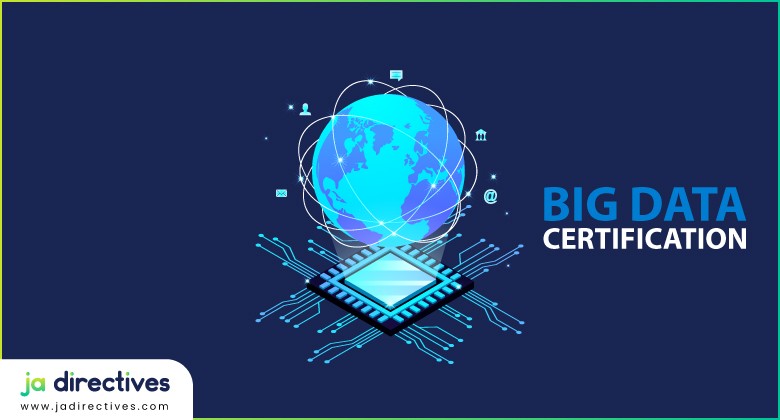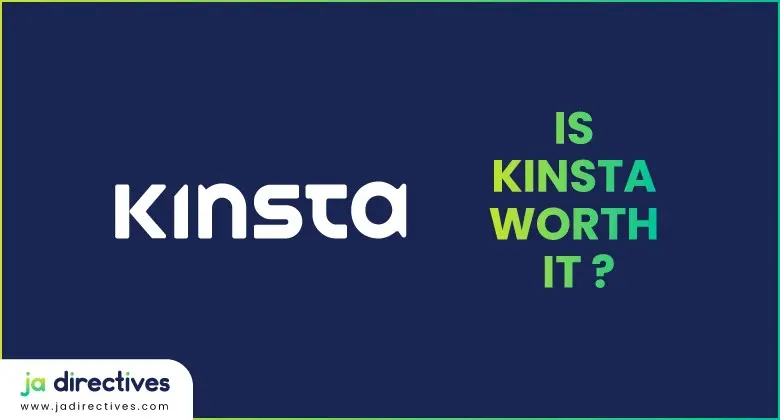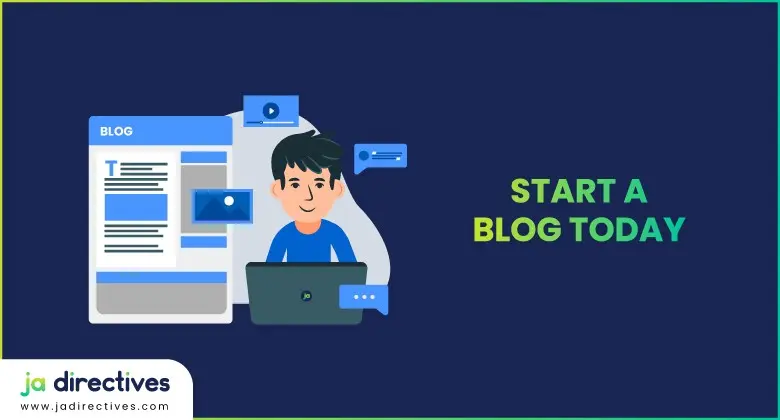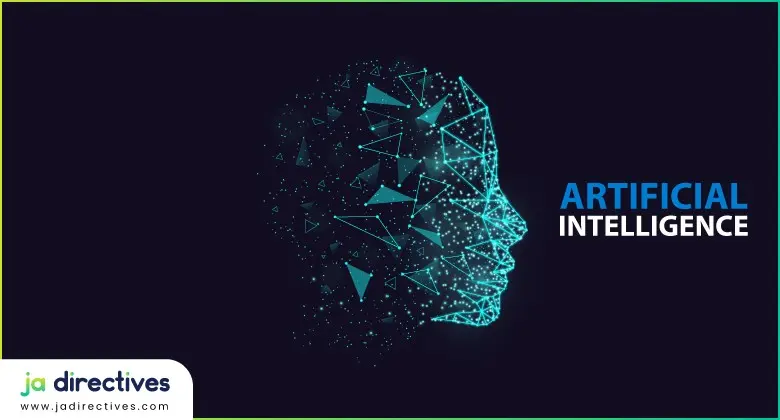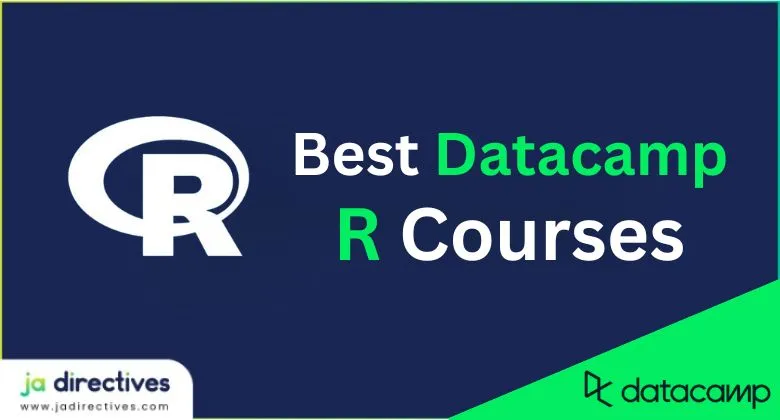
Best Datacamp R Course 2025
Starting your journey into the world of data, the Datacamp R course stands out as a beacon for aspiring data scientists and data analysts.
Why, you ask?
R is a programming language specifically designed for data analysis and statistical computing, making it a cornerstone for anyone looking to learn exploratory analysis or data visualization.
Whether you’re an entry-level data professional or a seasoned data engineer, mastering R opens doors to comprehensive data analysis, helping you make informed decisions based on complex datasets.
The beauty of R lies in its ability to handle data frames and perform machine learning tasks, essential skills for any data-centric career track.
Best Datacamp R course 2025
Now, why choose Datacamp for your R learning journey?
Datacamp offers an introduction to R course that’s not just a course, it’s a certification process loved by learners at thousands of companies worldwide.
With years of experience in crafting engaging, interactive content, Datacamp ensures that from the moment you start, you’re not just learning—you’re doing.
Their R courses cover everything from data visualization to machine learning, tailored for data analysts and data scientists alike.
The certification process is rigorous yet rewarding, ensuring you not only understand the theory but can apply it in real-world scenarios.
Datacamp’s R certification is a testament to your skills, making you a desirable candidate for any data science or data analysis role.
Now, Let’s Discuss Some Best Datacamp R course →
1. Introduction to R
The “Introduction to R” course on Datacamp is an essential starting point for beginners aiming to master data analysis in R.
Covering key concepts such as vectors, lists, and data frames, this course equips learners with the skills to practice R on real datasets. With a focus on practical application, it lays the groundwork for data manipulation and exploratory analysis, making it a cornerstone for any aspiring data professional or data scientist.
Learning Outcomes:
- Master basic data analysis in R
- Handle vectors, lists, and data frames
- Practice with real datasets
- Prepare for advanced data science studies
Course Rating: 4.7 out of 5.0
Students Enrolled: 265.11K+
Instructor: Jonathan Cornelissen
2. Intermediate R
“Intermediate R” is a pivotal Datacamp R course designed for learners looking to deepen their understanding of the R programming language.
This course builds upon the basics by introducing conditional statements, loops, and vector functions, crucial for crafting efficient R scripts. Through hands-on exercises, learners will enhance their R code with the apply functions and delve into utilities like regular expressions, data structure manipulations, and managing times and dates.
Learning Outcomes:
- Utilize conditional statements and loops
- Implement vector functions for data analysis
- Improve R code efficiency by applying functions
- Handle regular expressions, data structures, times, and dates
Course Rating: 4.5 out of 5.0
Students Enrolled: 587.58K+
Instructor: Filip Schouwenaars
3. Introduction to the Tidyverse
“Introduction to the Tidyverse” is an essential Datacamp R course for beginners eager to dive into data analysis and visualization using R.
This course focuses on the Tidyverse, a powerful collection of data science tools within R, teaching learners how to manipulate and visualize data effectively. Through hands-on exercises with the Gapminder dataset, participants will learn to filter, sort, summarize, and transform data using dplyr, and create informative visualizations with ggplot2.
Learning Outcomes:
- Perform data wrangling with dplyr
- Visualize data using ggplot2
- Group and summarize data sets
- Create various types of visualizations
Course Rating: 4.8 out of 5.0
Students Enrolled: 310.6K+
Instructor: David Robinson
4. Introduction to Data Visualization with ggplot2
“Introduction to Data Visualization with ggplot2” is a foundational course for beginners in the Datacamp R course lineup, focusing on creating meaningful and aesthetically pleasing data visualizations.
Utilizing ggplot2, a cornerstone of the Tidyverse for R, learners grasp the grammar of graphics plotting concepts, enabling the production of professional and flexible plots. The course covers the essentials of data, aesthetics, geometries, and themes, guiding students through the creation of scatter plots, bar charts, line plots, and more, using datasets like Diamonds, Iris, Recession, and Fish.
Learning Outcomes:
- Understand the principles of good visualizations
- Master the grammar of graphics with ggplot2
- Create scatter plots, bar charts, and line plots
- Customize plots with themes for publication quality
Course Rating: 4.1 out of 5.0
Students Enrolled: 129.77K+
Instructor: Rick Scavetta
5. Data Manipulation with dplyr
“Data Manipulation with dplyr” is a foundational course for those want to learn the Tidyverse, focusing on transforming and manipulating data using dplyr.
This beginner-level course offers a hands-on approach to learning dplyr, a powerful package within R for data manipulation. Through the course, learners will explore a dataset containing information about US counties and apply their skills to the babynames dataset to uncover trends in baby names across the United States.
Learning Outcomes:
- Transform data using dplyr verbs like select, filter, arrange, and mutate
- Aggregate data to make it more interpretable
- Apply advanced methods for selecting and transforming columns
- Conduct a case study on the US babynames dataset
Course Rating: 4.4 out of 5.0
Students Enrolled: 124.64K+
Instructor: James Chapman
6. Introduction to Statistics in R
This intermediate course enhances statistical skills, focusing on data collection, analysis, and conclusions. It uses real-world datasets for practical learning.
Learning Outcomes:
- Understand summary statistics: mean, median, standard deviation
- Generate random numbers and apply probability concepts
- Explore distributions and the Central Limit Theorem
- Quantify correlation and grasp experimental design principles
Course Rating: 4.7 out of 5.0
Students Enrolled: 79.66K+
Instructor: Maggie Matsui
7. Exploratory Data Analysis in R
This intermediate course equips learners with graphical and numerical techniques to uncover data structures, identify relationships, and spot unusual observations.
Through insightful graphics and analysis, students will learn to ask and answer pertinent questions about their data.
Learning Outcomes:
- Create summaries of categorical data
- Graphically summarize numerical data
- Understand distributions with numerical summaries
- Conduct a case study on email spam detection
Course Rating: 4.9 out of 5.0
Students Enrolled: 95.05K+
Instructor: Andrew Bray
8. Introduction to Importing Data in R
This beginner-level course demystifies the process of importing data into R, covering various data formats from CSV and text files to Excel spreadsheets.
Through practical examples, learners will master the use of R packages like readxl, data.table, and tools for reproducible Excel work with XLConnect.
Learning Outcomes:
- Import flat files using base R and dedicated packages
- Efficiently handle CSV and text data with readr and data.table
- Read Excel files in R using readxl and gdata
- Implement reproducible workflows with XLConnect
Course Rating: 4.2 out of 5.0
Students Enrolled: 184.63K+
Instructor: Filip Schouwenaars
9. Introduction to Regression in R
This intermediate course provides a comprehensive introduction to regression analysis in R, focusing on linear and logistic regression models.
Learners will gain practical experience by exploring real-world datasets, including motor insurance claims and Taiwan house prices, to predict outcomes and interpret model performance. The course covers fitting simple linear regression models, making predictions, assessing model fit, and implementing simple logistic regression.
Learning Outcomes:
- Understand and apply simple linear regression
- Make predictions using regression models
- Assess linear regression model fit
- Fit and interpret simple logistic regression models
Course Rating: 4.6 out of 5.0
Students Enrolled: 45.55K+
Instructor: Richie Cotton
10. Reporting with R Markdown
This intermediate course introduces R Markdown, a powerful tool for creating dynamic reports from R code.
Learners will discover how to use R Markdown to author findings in various formats like PDFs, HTML files, or Shiny apps. The course covers the essentials of creating and modifying Markdown files, including code, text, and metadata, and teaches how to analyze data with dplyr, create visualizations with ggplot2, and author comprehensive reports.
Learning Outcomes:
- Create your first R Markdown files and understand their components
- Analyze data and include visualizations in reports using dplyr and ggplot2
- Improve reports with code chunk options, lists, and tables
- Customize reports with CSS, tables of contents, and parameters for branding
Course Rating: 4.6 out of 5.0
Students Enrolled: 35.81K+
Instructor: Amy Peterson
Learn All Available Datacamp R Courses → CLICK HERE!
Wrapping Up: Best Datacamp R Course
In conclusion, diving into R with Datacamp is a decision that will pay dividends for your career.
Whether you’re looking to become a data analyst, data scientist, or data engineer, the comprehensive coverage and practical application of skills in Datacamp’s R courses will equip you with the knowledge and certification to stand out in the competitive field of data science.
Embrace the opportunity to learn R on Datacamp and join the millions of learners who have already begun their journey to data mastery.
FAQ’s
Can you learn R on DataCamp?
Absolutely, you can learn R on DataCamp. DataCamp specializes in data science and analytics courses, offering a comprehensive Datacamp R course designed for both beginners and experienced data professionals. From the introduction to R course to more advanced topics like data visualization and machine learning, DataCamp covers a wide range of skills needed for data scientists and data analysts. Their interactive learning platform ensures you not only learn the theory but also apply your new skills in practice, making it an ideal place for exploratory analysis and mastering data frames.
Is DataCamp 100% free?
DataCamp offers a mix of free and paid content. While DataCamp provides some introductory content for free, including parts of the Datacamp R certification process, full access to courses, career tracks, and certain advanced materials requires a subscription. However, the investment is often seen as valuable for those serious about advancing their careers in data science, data analysis, or data engineering, as it provides extensive resources and certification loved by learners at thousands of companies.
Is DataCamp good for CV?
Yes, DataCamp is excellent for your CV. Completing courses and obtaining Datacamp R certification demonstrates a commitment to professional development and proficiency in essential skills for data scientists, data analysts, and data engineers. Employers value DataCamp certifications as they are known for their rigorous, practical, and industry-relevant content. Adding DataCamp courses to your CV can significantly enhance your appeal to potential employers, especially if you’re pursuing a career in data science or data analysis.
What is the difference between Python and R DataCamp?
The main difference between Python and R on DataCamp lies in their application focus. Python is a general-purpose programming language with strong support for data science, machine learning, and web development. DataCamp’s Python courses emphasize versatility and applicability across different programming and data science tasks. In contrast, R is specifically designed for statistical analysis, data visualization, and data reporting. DataCamp’s R courses focus more on statistical methods, exploratory data analysis, and visualizing complex data sets, making R particularly appealing for statisticians and those heavily involved in data-driven research.
How long does it take to complete a DataCamp R course?
The time to complete a Datacamp R course varies depending on the specific course or track and the learner’s pace. Introductory courses like the introduction to R course might take a few hours to complete, while comprehensive career tracks could take several months. DataCamp offers flexible learning, allowing you to progress at your own pace, making it convenient for both full-time professionals and students.
Are DataCamp courses recognized by employers?
Yes, DataCamp courses are highly recognized and respected by employers, especially those in the data science, analytics, and technology sectors. The practical, hands-on approach to learning, combined with the certification process, ensures that learners gain skills directly applicable to real-world scenarios. Datacamp’s R certification and courses on Python, data analysis, and machine learning are particularly valued for their rigor and relevance, helping learners stand out in the job market.
You May Also Read:
- How to Start R Programming in 2025
- 6 Best R Programming Certification, Courses & Training in 2025
- 25 Best Datacamp Courses, Classes, Training, Certification 2025
- Statistics with R Specialization Coursera Review 2025
- 5 Best Datacamp Python Courses 2025
Sharing is caring. If this post was helpful, please share it with your friends, family, and social media so that they get this information!
Tamjid Uddin Sayed, Working as a Creative Writer at JA DIRECTIVES with diverse knowledge of writing content and articles. Completed Bachelor of Science in Computer Science & Engineering from the University of Asia Pacific, Dhaka, Bangladesh. Done several research works focused on (Internet of Things) IoT.


